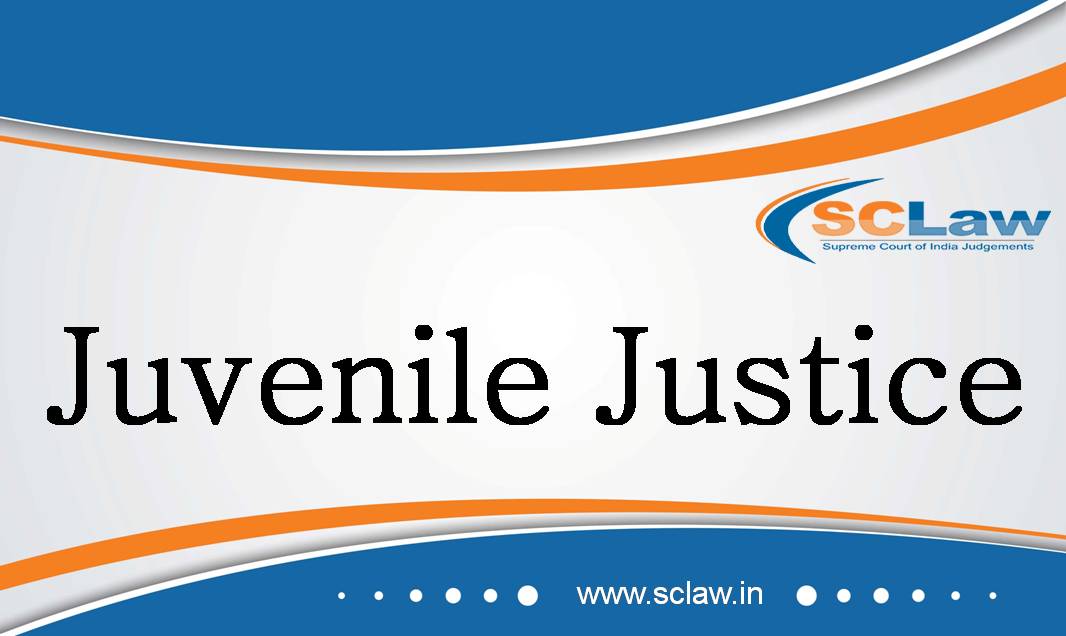A Child In Conflict With Law Cannot Be Kept In Jail Or Police Lockup At Any Circumstances: SC HELD “We make it clear that the Juvenile Justice Boards are not meant to be silent spectators and pass orders only when a matter comes before them. They can take note of the factual situation if it comes to the knowledge of the JJBs
A Child In Conflict With Law Cannot Be Kept In Jail Or Police Lockup At Any Circumstances: SC [Read Order] Akshita Saxena 12 Feb 2020 5:13 PM “We make it…







